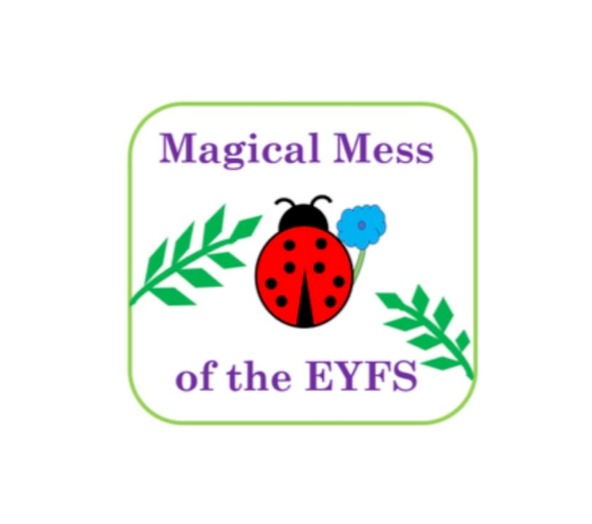Montessori
- James

- Dec 7, 2020
- 2 min read
For most practitioners working in Early Years there will have been a time when the word 'Montessori' popped into your consciousness. For parents reading up on nurseries it may be something you have come across too. So what is Montessori and how can Playbalu toys support a Montessori approach? Maria Montessori was the creator of what we now call the Montessori approach. She was an Italian doctor who died at age 82 in 1952 (so for those of you who can't be bothered with a spot of maths whilst sat in your jammies drinking your morning coffee - she was born way back in the 1800s!) She specialised in scientific pedagogy and in particular studying and supporting "phrenasthenic" children (children who nowadays we would refer to as children with Special Educational Needs). Most of her research was based in the classroom and so her opinions on a holistic approach to learning for all children soon became a teaching method in its own right.
There are now Montessori schools throughout the world focussing on ages 3-6 years. The main drive for the schools is that an emphasis is placed on process not result, learning is child centred not teacher controlled and children are taught to do things for internal reward not external reward. The Montessori 'Approach' is actually quite a simple and instinctive approach once you learn a bit more about it. To take away the fear here are the main points of the approach.
Maria proposed that there were times in each child's life when they became more sensitive to certain types of learning (periods of order, refinement of senses, language acquisition, walking and movement, small objects and involvement in social life). Practitioners could tune into which period a child was in by observing their play and so be able to support their learning. She found that children learn through their senses and enjoyed working with beautiful materials and resources and that children became dynamic learners by being allowed to follow their natural impulses
The role of the adult is to be un-obstrusive during play and to guide, rather than control, learning, directing children's natural curiosities and energies. Maria Montessori believed that young children work for the joy of the process not the end result which was why many children enjoy repeating the same activity over and over again.
Children are seen as natural learners who want to explore the world. The results that children enjoy are the ones that make them feel good about themselves or their abilities.
Montessori resources should be beautiful and of good quality with an emphasis on sensory materials. She believed that activities should be heavily based on real life practical examples, Role play areas in a Montessori classroom will be themed with real life in mind i.e. things that children see adults do.
Playbalu resources are beautiful to handle and support Montessori approaches. Particularly.......
Read more from Dulcinea Norton-Morris at https://magicalmess.weebly.com/


















Comments